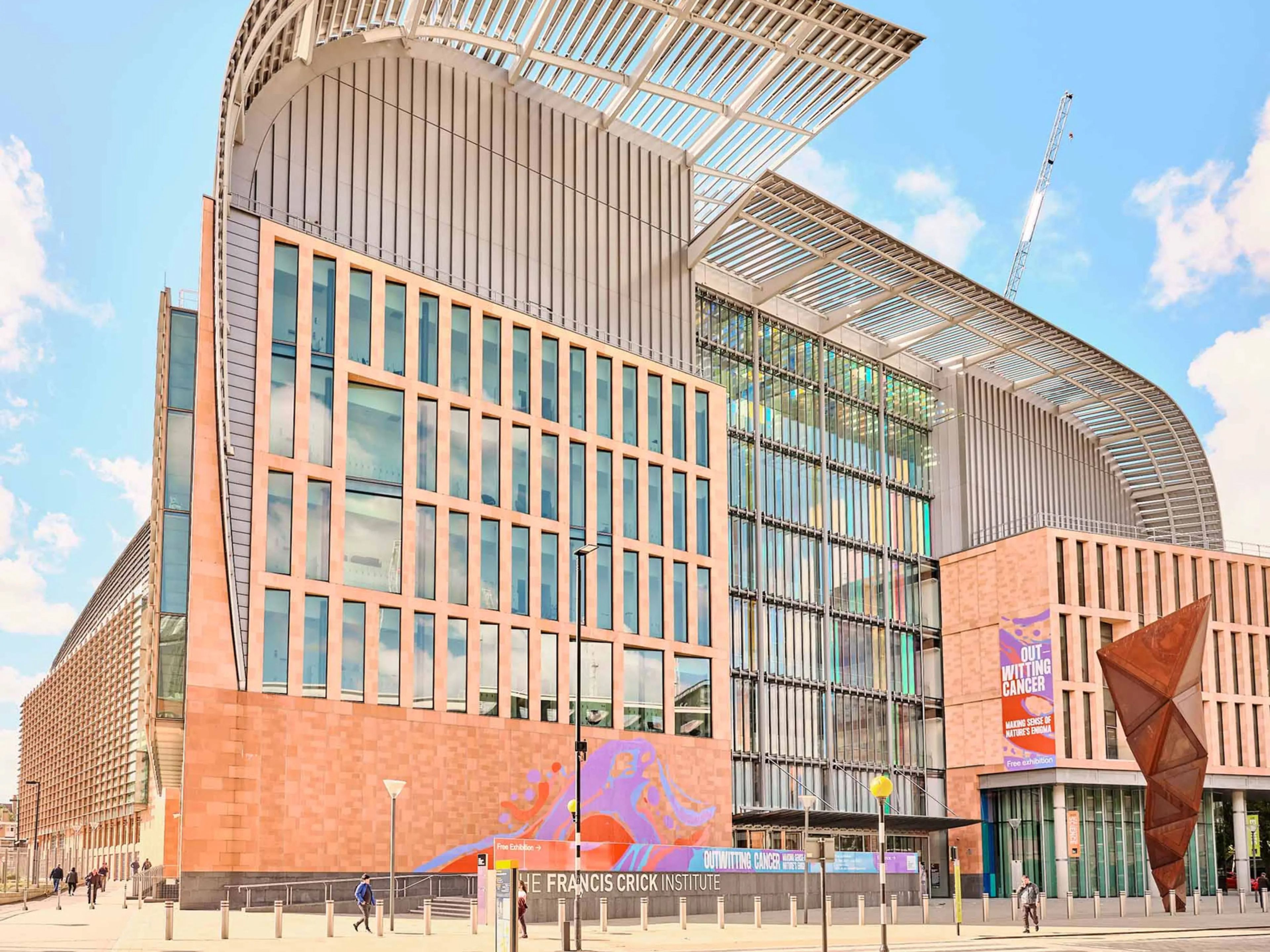Urban Labs: Introduction
We are in the midst of a ‘Bio Revolution’. A report by McKinsey in early 2020 forecast that biological science will become the globe’s next trillion-dollar industry. Driven by breakthroughs in the field – including rapid advances in computing, bioinformatics and AI – the sector could create $2tn–$4tn of direct annual economic impact within the next two decades. We will see more gene therapy, lab-grown meat, and advanced prosthetics and medicines to keep us healthy and safe. These advances, and countless others, will increasingly become part of our everyday lives as we look ahead and realise that we are now on the cusp of a decade defined by biology.
As biotech has evolved, so has where the sector anchors itself physically. In the UK, out-of-town science parks were the typical solution from the 1970s onwards, but that is no longer the case. Companies in search of the best talent have migrated into our cities. Innovation districts and knowledge clusters have formed around London’s top universities, such as Imperial College London and UCL, creating an ecosystem that draws in even more talent and more research. These places include White City, King’s Cross and Whitechapel.

But despite these growing clusters, there is a fundamental shortage of lab space for biotech in London. This is evident in rental levels for labs in the capital, which can be as high as £125 per square foot – more than 20% above prime office rents in Mayfair, the most expensive office market in London. However, data on the exact shortage of space is itself in short supply, which is one of the challenges that has held the majority of developers back from delivering a laboratory product to the market. Those we interviewed for the report, however, were confident in their assessment that there is an enormous, even “insatiable,” demand for lab space in London. The market just needs to find a way to deliver it.
As we consider the future of our cities post-COVID, now is the time to start reimagining London with a focus on biotech and life sciences. After all, the pandemic has been a time for re-evaluation and even discovery; we saw first-hand the crucial role advances in bioscience play in our lives, with rapid genetic sequencing accelerating the vaccine roll-out.
At the same time, demands on London’s physical space have shifted. Will a surplus in office space be an opportunity to convert old stock into new labs? Will COVID-19 prove to be the final nail in the coffin for the traditional high street, or can the biotech sector help breathe life back into it? And will the government’s ongoing planning system reform prove to be the catalyst for change that finally oils the wheels?
Tags
Publication
This article appeared in White Paper: Urban Labs, a look at the real estate market for the UK's fast-growing biotech sector, with a focus on the commercial migration of labs to central London.
Read more